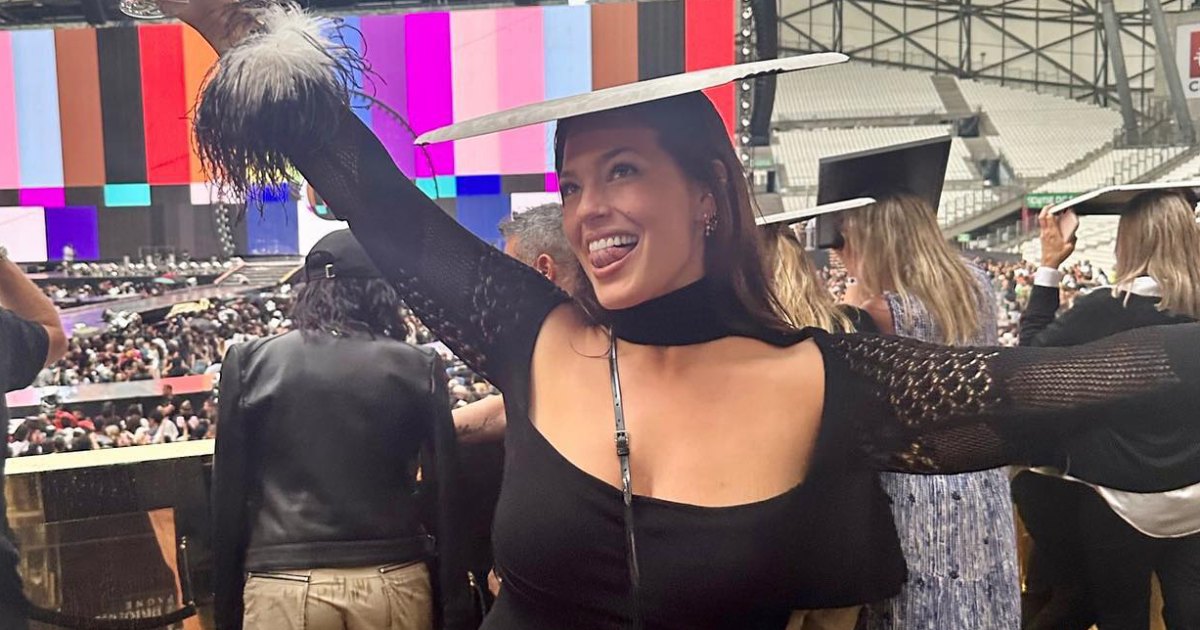
Beyonce Criticizes Music Industry Over 'Award Shows, Record Labels, and Radio' Amid Cowboy Carter Album Backlash

Beyonce speaks out against the music industry's response to her Cowboy Carter album, highlighting issues with award shows, record labels, and radio
Beyonce calls out award shows and redcord labels
Beyonce Kevin Winter/Getty Images for iHeartRadio
Beyonce has expressed her frustration towards record labels, radio stations, and awards shows for their response to her new country album Cowboy Carter. Some country music fans and radio stations have been resistant to playing her songs despite fan requests.
John Schneider, known for his role in Duke of Hazzard, faced accusations of racism for his comments comparing Beyonce's foray into country music to a dog marking its territory in an interview with One American News, a conservative network.
The issue of black artists entering the Country music scene has been a point of controversy, even though Rhythm & Blues, a genre created by black musicians, has had a significant influence on the development of country music.
On April 1, Beyonce responded to criticisms by addressing the audience at the iHeartRadio Music Awards. She emphasized the importance of the music industry being more open to experiencing art without any preconceived notions, focusing on joy and liberation.
The singer-songwriter, known for her hit track Texas Hold ‘Em, made history as the first Black woman to top the Billboard Hot Country chart. She was honored at the awards show held at the Dolby Theatre in Los Angeles, hosted by Ludacris and presented with the Innovator Award by soul legend Stevie Wonder.
Beyonce receives the Innovator Award at iHeart Radio Awards
Beyonce receives the Innovator Award at iHeart Radio Awards Kevin Winter/Getty Images for iHeartRadio
Dressed in a stylish black leather suit and a matching cowboy hat, she expressed her gratitude to the 25-time Grammy winner for playing the harmonica on her rendition of Dolly Parton's classic song Jolene. This track is featured on Act II: Cowboy Carter.
She shared with him, "Whenever someone asks me who I could listen to forever, it's always you." She then dedicated her award to the individuals who have devoted themselves to making impactful changes through their art.
She mentioned a few musical legends such as Rosetta Tharpe, Tracy Chapman, Linda Martell, Prince, Stevie Wonder, Andre 3000, Tina Turner, and Michael Jackson.
“(They) defied any label placed upon them, and I thank them for pursuing their dreams so that we could all be inspired to do the same,” she expressed.
Beyonce expressed her gratitude towards her husband Jay-Z, calling him her rock and best friend. She also thanked her three beautiful children for being her inspiration and biggest blessing.
She has also shown appreciation for Black women in the music industry such as Mickey Guyton, K. Michelle, and Tyla by acknowledging their talent and contributions.
View this post on Instagram
A post shared by Beyoncé (@beyonce)
Opportunity brings endless possibilities. On Friday, March 29, Guyton, 40, expressed gratitude to @Beyonce, sharing photos of a bouquet of white flowers and a heartfelt note from the queen herself. The note thanked Guyton for opening doors and encouraged her to keep shining, signed with "love and respect" from Beyoncé.
In 2020, Guyton made history by becoming the first Black female artist to be nominated for Best Country Solo Performance at the 63rd Annual Grammy Awards for her song “Black Like Me.” Additionally, she also became the first black female artist to perform at the Academy of Country Music Awards in the same year.
The generosity continued when musician K. Michelle shared photos of a beautiful white flower bouquet on Instagram on Friday, accompanied by a note of support from the “16 Carriages” singer. Beyoncé, who sent the bouquet, expressed admiration for Michelle's work and acknowledged the challenges of stepping into a new space. She conveyed positivity, respect, and a hope for a future meeting with Michelle.
Beyoncé's latest album, Cowboy Carter, was released on Friday, March 29th. The album consists of 27 tracks and includes collaborations with artists such as Miley Cyrus, Post Malone, Dolly Parton, Linda Martell, and Willie Nelson. In addition to her original songs, Beyoncé also covered classics like Dolly Parton's Jolene and The Beatles' Blackbird.
To kick off her cowgirl era, Beyoncé released Texas Hold 'Em and 16 Carriages following her appearance in a Verizon commercial during Super Bowl LVIII. In the commercial, actor Tony Hale challenged her to break the internet. Despite facing multiple failures, Beyoncé eventually declared, "OK, they're ready, drop the new music."
Though it is her first country album, it is also the second installment of a three-part project following the release of Renaissance in 2022.
Editor's P/S:
The article highlights Beyonce's frustrations with the resistance she has faced as a black artist entering the country music scene. While some fans and radio stations have been hesitant to embrace her music, Beyonce has remained defiant, emphasizing the importance of open-mindedness and inclusivity in the music industry. Her groundbreaking album, Cowboy Carter, not only showcases her versatility as an artist but also challenges preconceived notions of genre and representation.
This controversy underscores the ongoing conversation about diversity and equity in the music industry. While country music has historically been dominated by white artists, the contributions of black musicians to the genre's development cannot be overlooked. Beyonce's entry into the scene is a testament to the evolving nature of music and the power of artists to transcend boundaries. Her dedication to recognizing and celebrating black women in the industry is also a significant step towards fostering a more inclusive and equitable music landscape.













